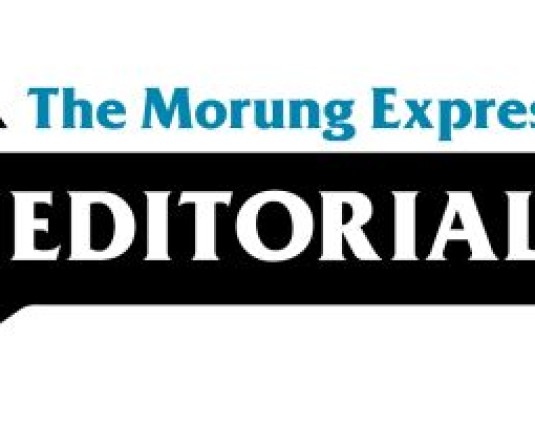
Dr Asangba Tzudir
The stage is finally set for the conduct of the Urban Local Bodies (ULBs) election, to roll in the process of local administration and governance. Urban Local Bodies will be ‘responsibly burdened’ with a long list of functions delegated to them by the state governments relating broadly to public health, welfare, regulatory functions, public safety, public infrastructure works, and development activities.
This phenomenon called Urbanization has become so rapid leading to increased urban population having packed the city/town for various reasons. It is also in this context that ULB becomes so significant in order to begin the drive towards structural and functional transformation of the town/city through the creation of an institutional framework built on grassroots democracy.
All sounds too good, but the main problem that will be faced will be the financial scarcity, and which also poses as the biggest hurdle towards good governance and development. While the taxes collected will not be sufficient, the question is, how much can ULB depend on the state governments for getting grants-in-aid out of the consolidated fund of state? Planning will pose another challenge especially in its absence. In which case, it will be difficult to cope with the increasing needs of the population, both in quality and quantity. Improper planning or unplanned localities will only lead to urban poverty, unemployment and ecological degradation.
Another problem may come from subordination of the local bodies by the state in the legislative, administrative, judicial and financial affairs instead of functioning as institutions of self-governance. As such, people’s participation is very important to check subordination by the state, and also to contribute meaningfully to self-governance. The people need to take adequate interest in the functioning of the urban bodies, and for which, the general populace needs to be sensitized about their roles and responsibilities.
On the other hand, citizen’s participation will also keep a check on transparency and accountability in the process of governance and development. And being at the local level, it should naturally encourage greater participation from the public because of matters that are very much at the heart of everyday life and living and for the welfare and well-being. Greater participation will also come when the citizens are engaged in the process and where their contribution also calls for checking accountability and transparency.
Now what is generally found lacking in the system of governance is a mechanism for Citizens to share their grievances. Such a mechanism needs proper monitoring so that there is prompt redressal. That, there is need for establishing a mechanism, a technology-enabled platform where citizens can easily and favorably register complaints, share feedbacks and even share their ideas which can even be converted into policies. This will go a long way in making the local governance more responsible and responsive towards ensuring effective service delivery so also improving the quality of life for its citizens.
(Dr Asangba Tzudir writes a guest editorial for The Morung Express. Comments can be emailed to asangtz@gmail.com)






